AARP Hearing Center

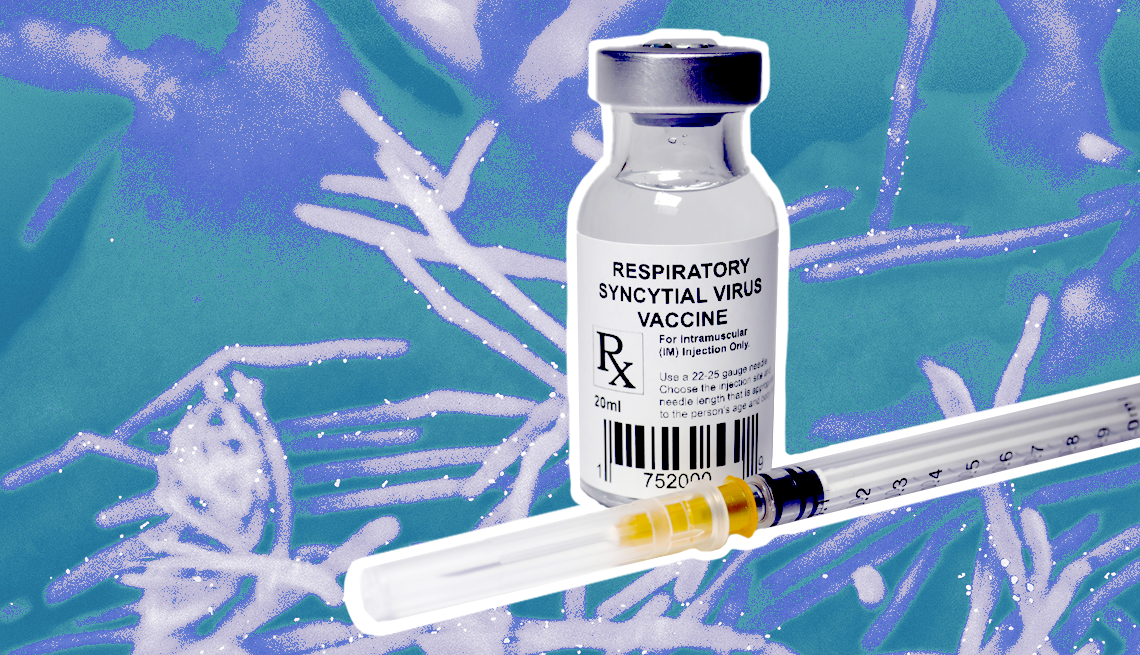
Many adults are in the habit of rolling up their sleeves each fall for their annual flu shot, and plenty have added a COVID booster to their routine. But there’s another seasonal vaccine worth knowing about.
It protects against RSV, or respiratory syncytial virus — a common bug that usually causes mild, cold-like symptoms but can lead to serious illness in older adults and infants.
“You hear about something like RSV and you think, Oh, it’s a cold virus. If I have a cold, I’ll go on about my life. But the reality is, particularly in older people and in people who are immunocompromised, an RSV illness can be very severe,” says Kathleen Linder, M.D., an infectious disease physician and clinical associate professor of internal medicine at Michigan Medicine.
An estimated 110,000 to 180,000 U.S. adults age 50 and older are hospitalized each year due to RSV, according to the Centers for Disease Control and Prevention (CDC). The virus kills an estimated 14,000 adults 65 and older annually, says the National Foundation for Infectious Diseases.
“That is not insignificant,” says Jodie Guest, a professor and senior vice chair in the department of epidemiology at Emory University’s Rollins School of Public Health.
Here’s what you need to know about the RSV vaccine and whether you should get one for this year’s respiratory virus season.
Who should get the RSV vaccine?
The CDC says everyone 75 and older should get the RSV vaccine; so should adults ages 50 to 74 who are at increased risk of severe RSV.
Several factors can increase a person’s risk of complications from an RSV infection, including:
- Chronic cardiovascular disease
- Chronic lung or respiratory disease
- End-stage renal disease
- Some cases of diabetes
- Neurologic or neuromuscular conditions that can make it harder to breathe
- Chronic liver disease
- Chronic hematologic conditions
- Severe obesity
- Moderate or severe immune compromise
- Living in a nursing home
A 2024 study published in the medical journal JAMA found that the RSV vaccine was 75 percent effective in preventing hospitalization in its first season.


































































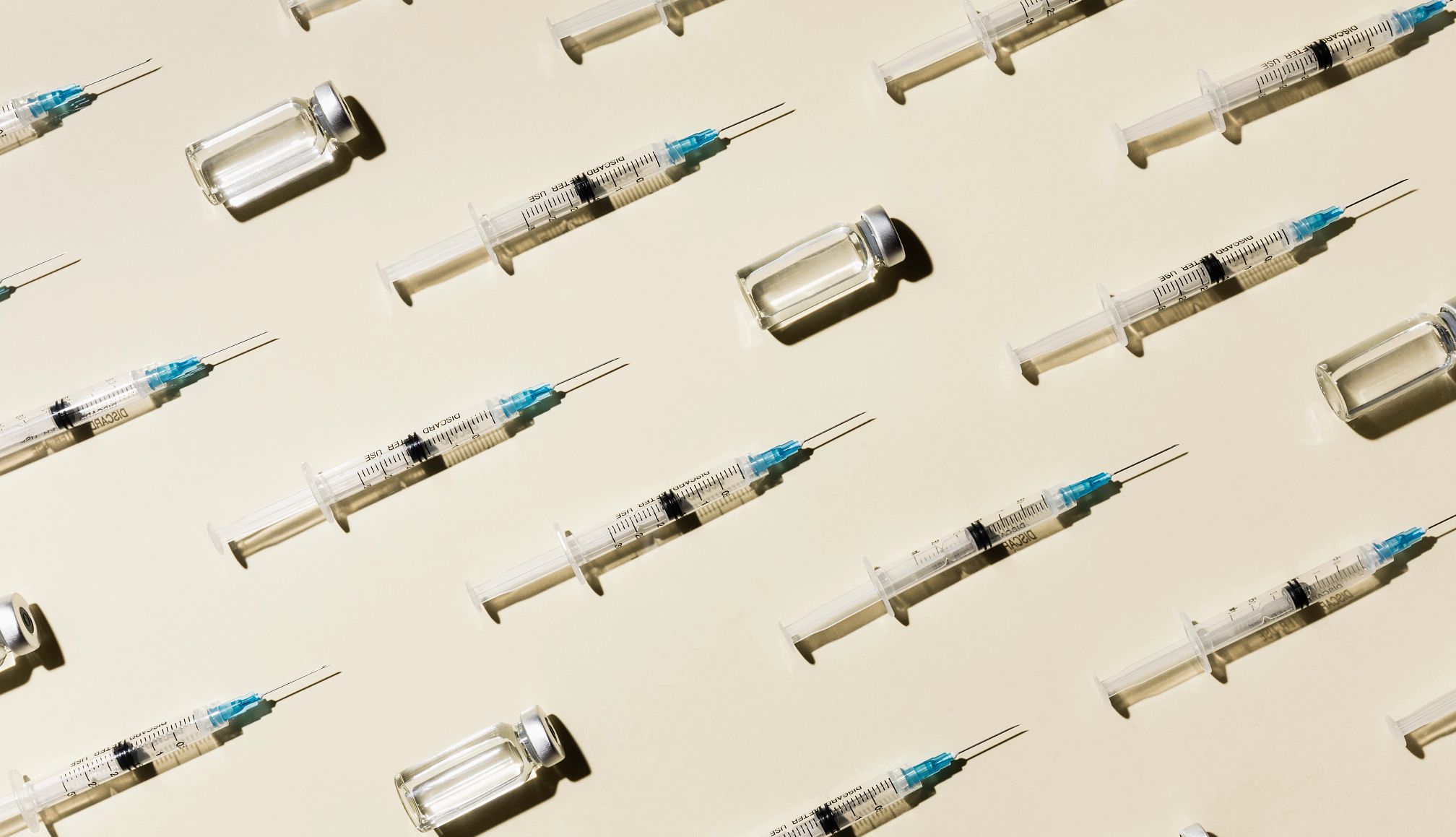
))
))
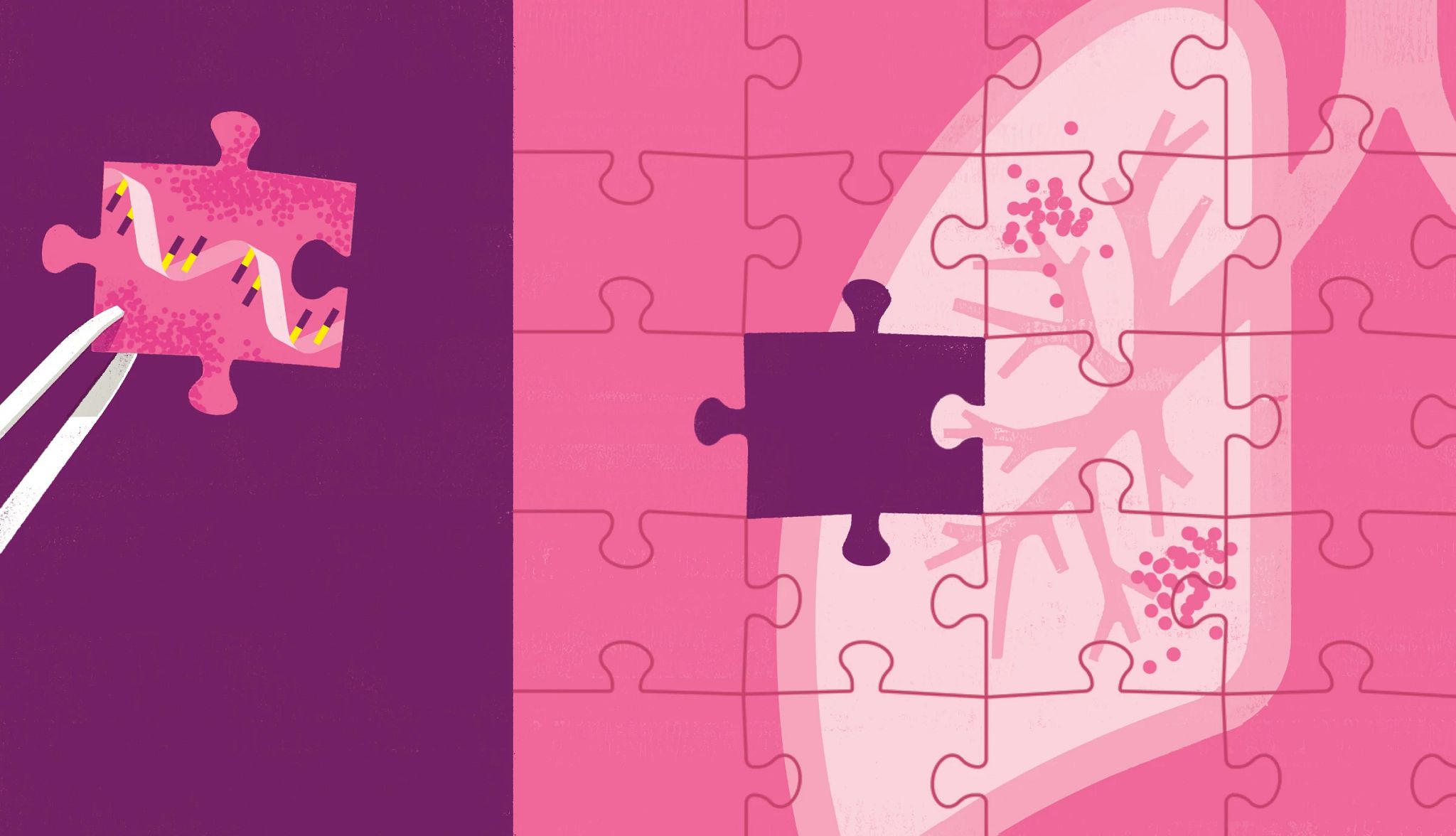
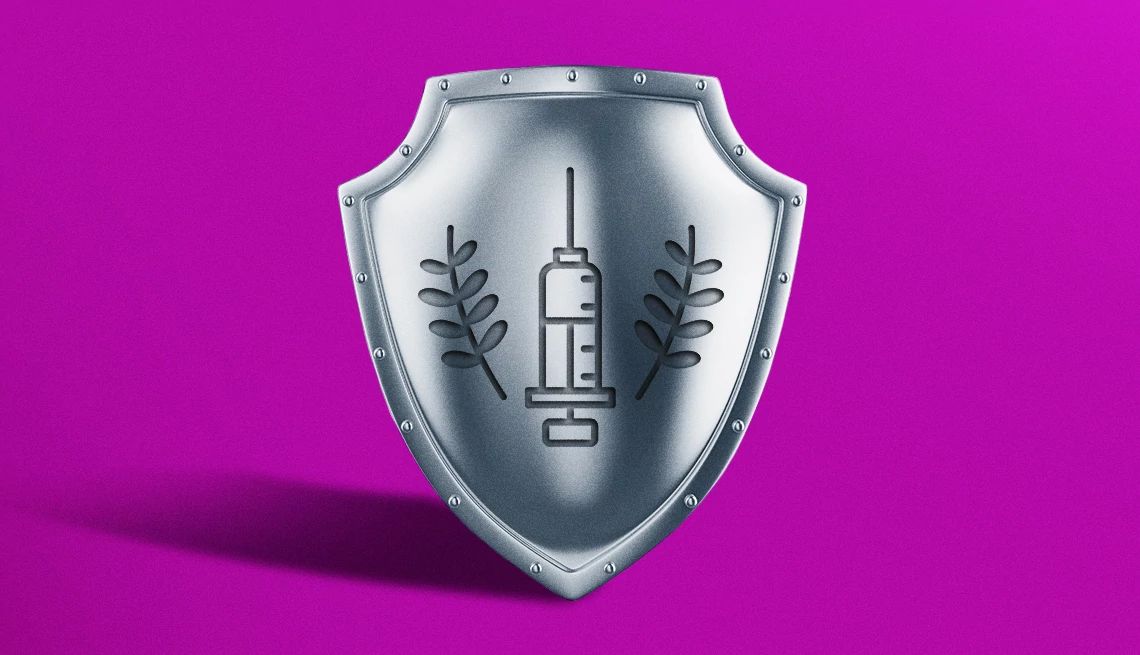
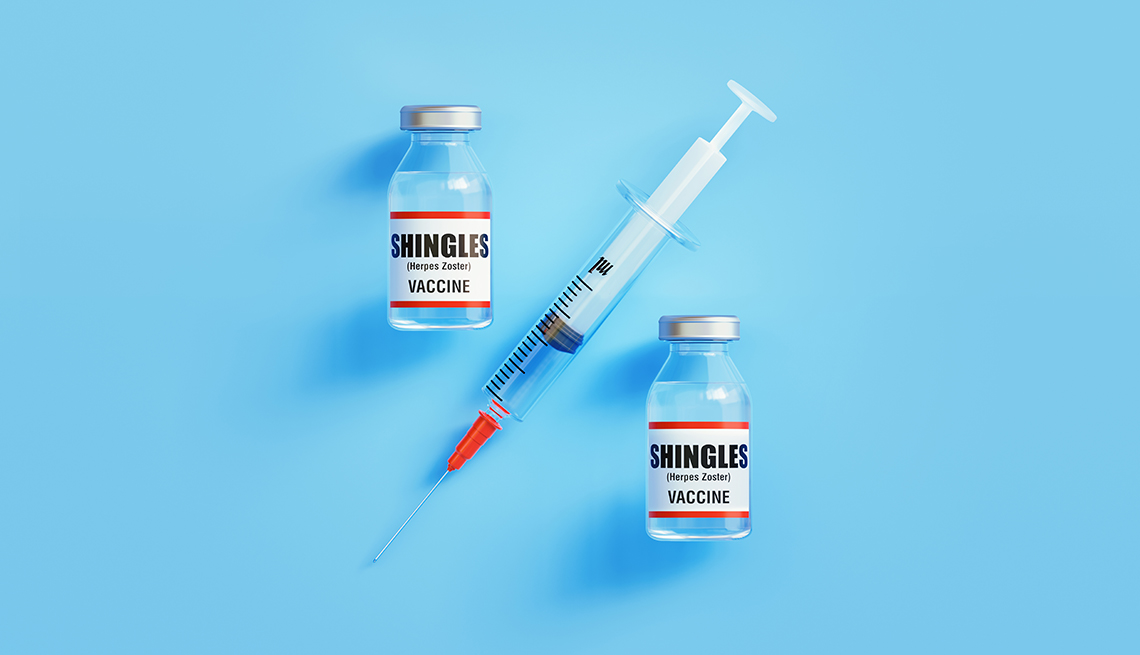


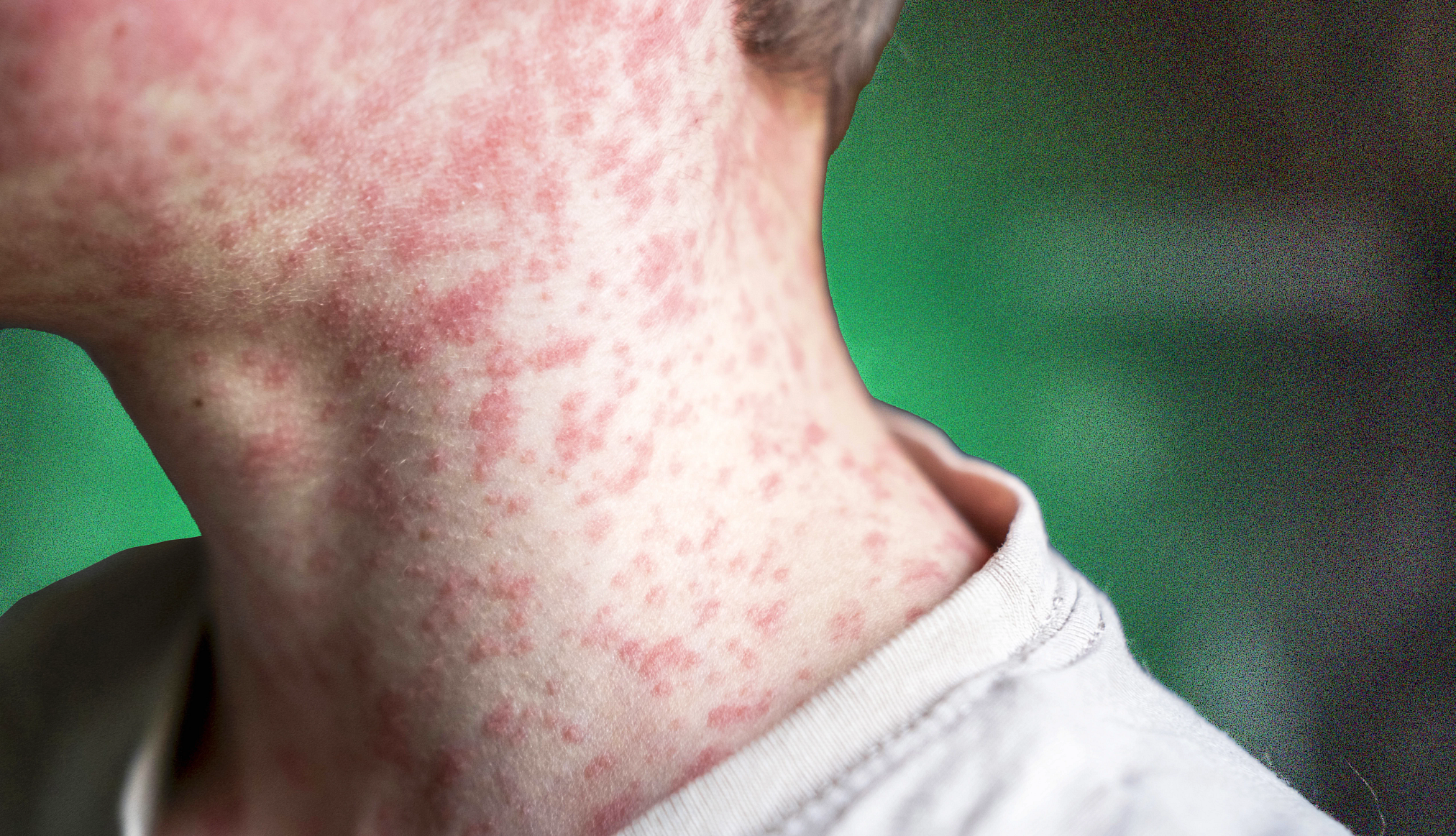


)
)






More From AARP
What to Expect From New COVID Vaccines
COVID cases are climbing, here’s what we know about the updated vaccines
9 Ways to Fight Fatigue After 50
Boost energy and stay active as you age.
Try These Tips for Living a Healthier Life
Small changes can add up to big mental and physical results
Recommended for You